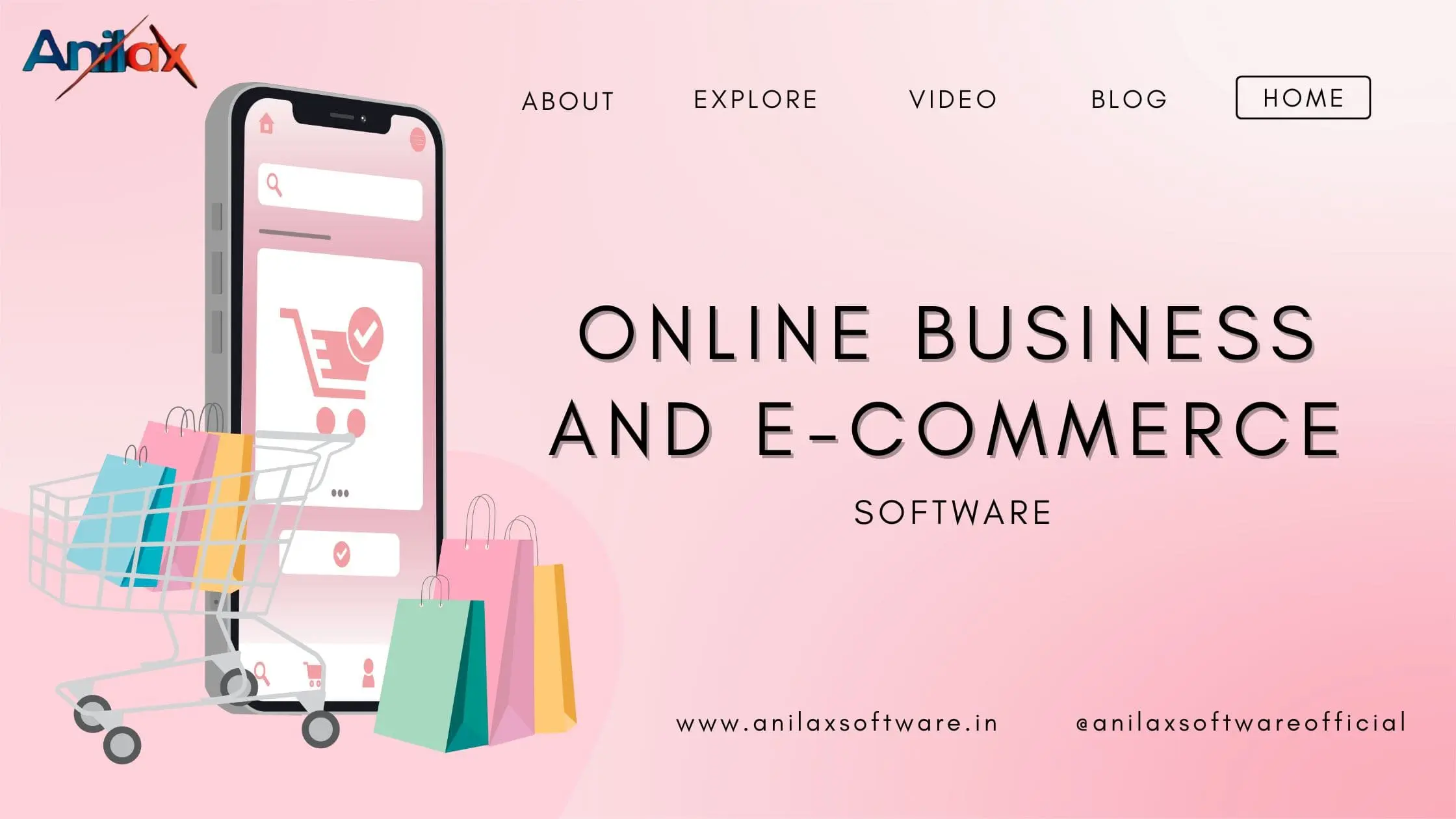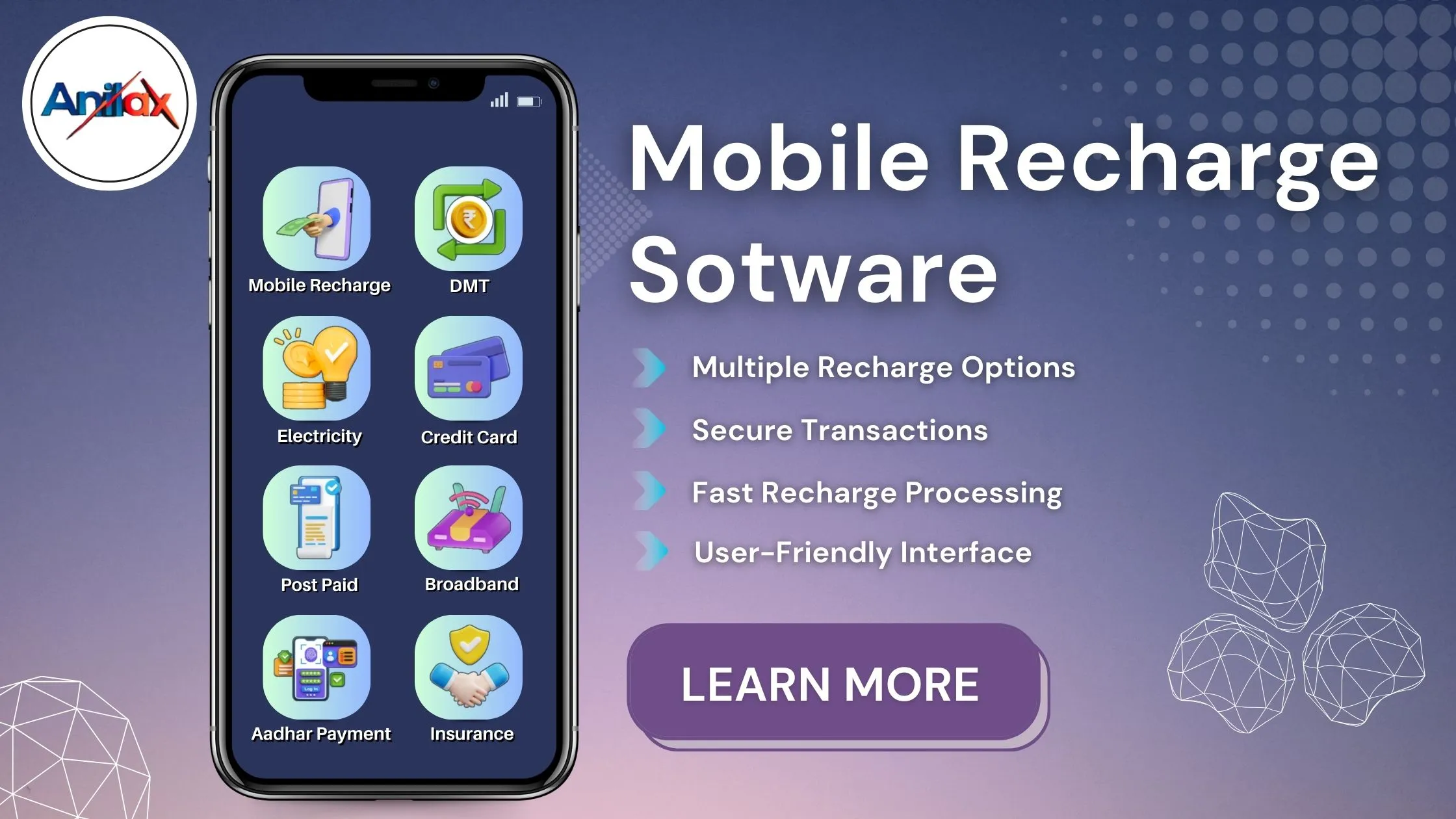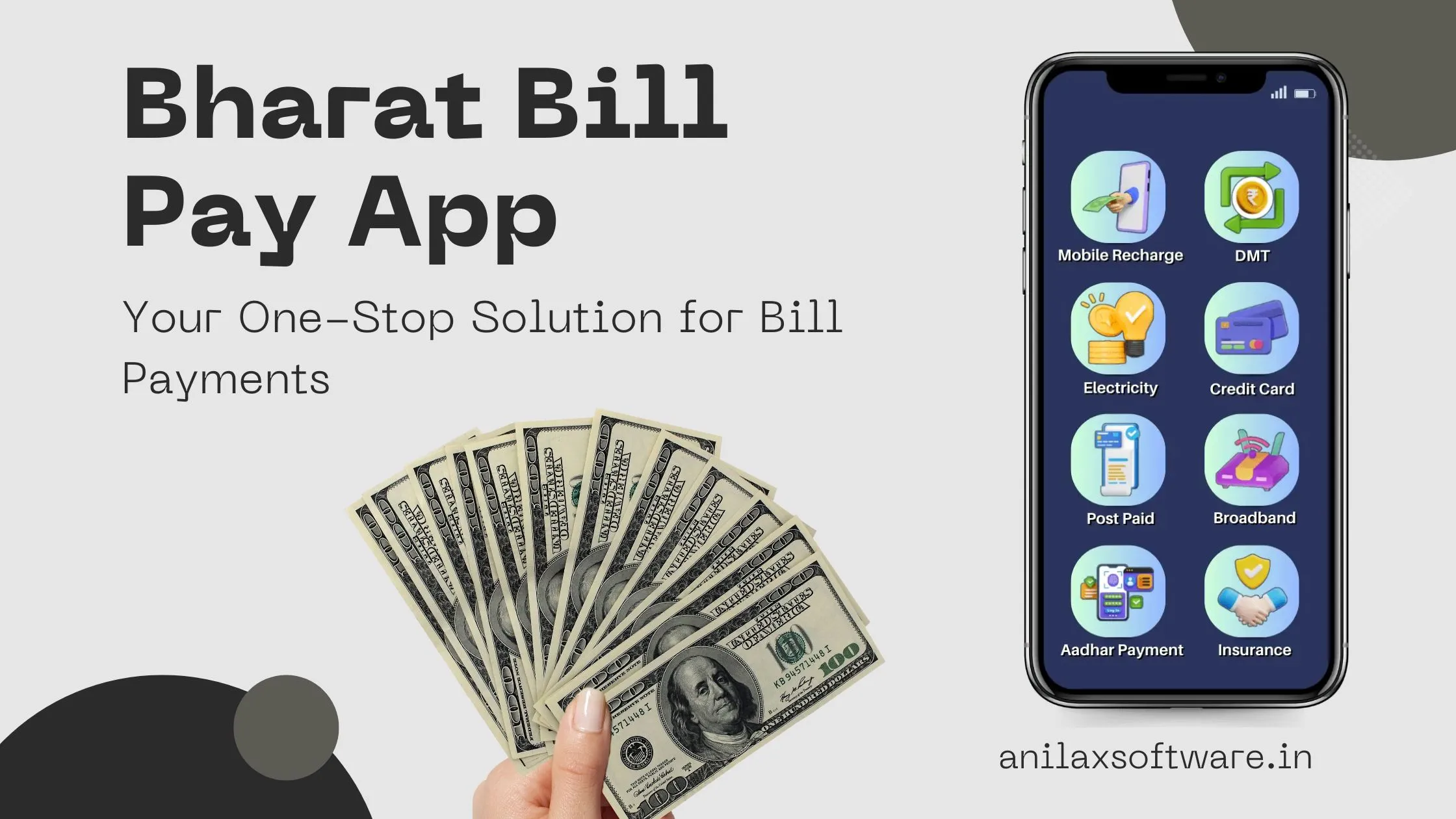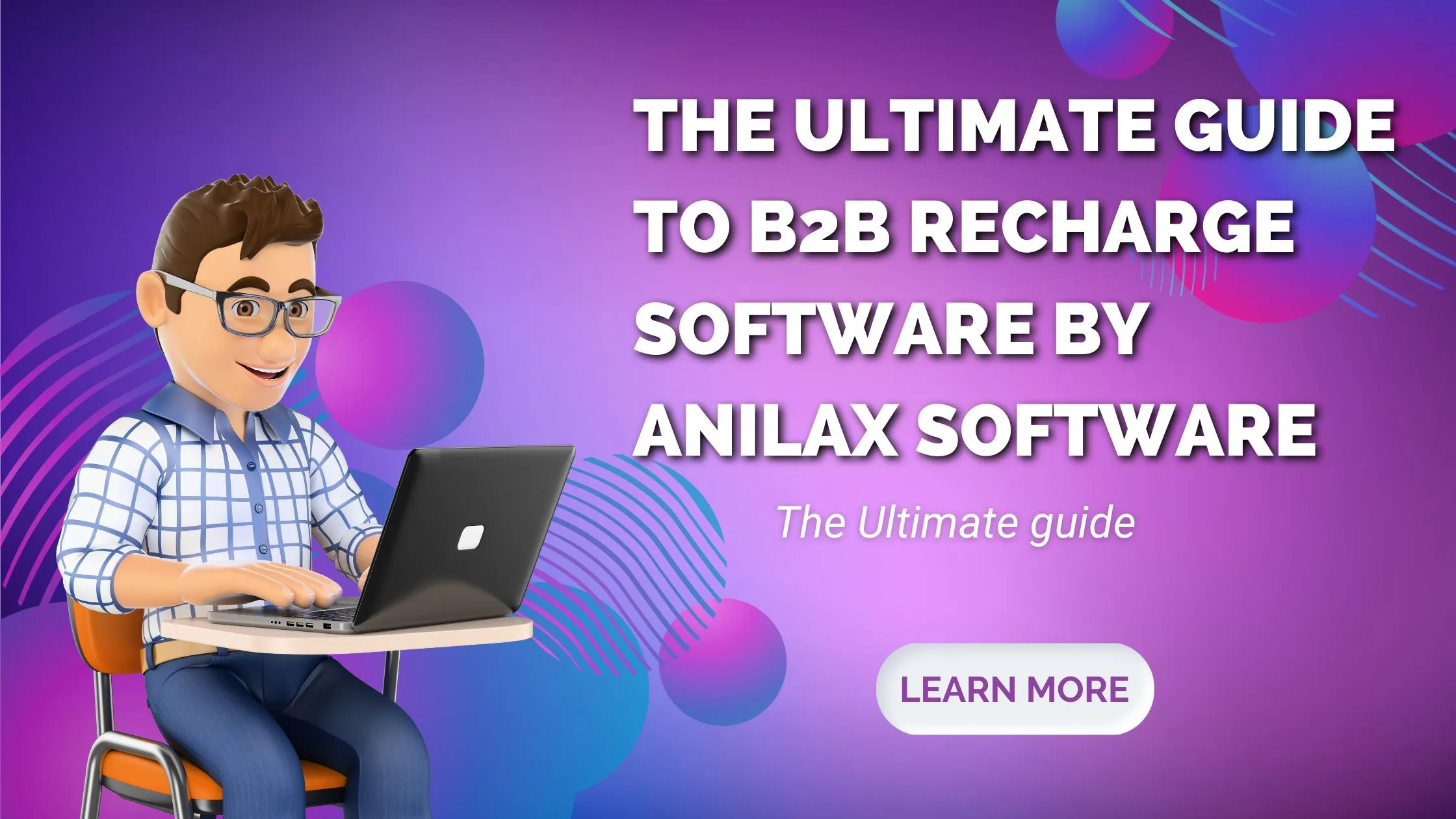Ecommerce began as a simple idea of securing online transactions. Today, it’s become a ~$4 trillion industry, making it one of the most important business channels for companies worldwide. In fact, the global revenue from ecommerce is set to reach $7 trillion by 2029, according to Statista.
If you’re looking to sell online, then there’s no time to lose. Whether you’re an entrepreneur looking to get your small business off the ground or a Fortune 500 company, the best time to start selling online is now.
First, you need to find intuitive ecommerce software that can help you set up a storefront and scale quickly and efficiently. Ecommerce software is any type of tool that can help your business start selling online.
We’ll get into what each kind of software excels at in a bit, but let’s dive in and take a look at the best ecommerce software solutions for your business.
Best ecommerce software solutions
There are hundreds of ecommerce website providers in the market. Given time, resources, and coding know-how, you could even decide to build your own.
When choosing a platform for your business, it’s imperative that you understand what your ecommerce business actually needs. After all, you wouldn’t buy a rocket ship just to take you on a trip to the grocery store, would you?
But you also don’t want to show up under-prepared. You need an ecommerce website that will give you everything you need to succeed — and help you scale in the future.
Here is a list of some of the best ecommerce software solutions on the market today.
Anilax Software
Anilax Software offers the best ecommerce software in India in 2024, providing businesses with a robust admin panel to control everything efficiently. Whether you’re a small startup or a large enterprise, Anilax Software ensures that your online store operates smoothly and scales effortlessly.
Pros
- Comprehensive admin panel for complete control
- Customizable features to meet unique business needs
- High security and reliable performance
- Excellent customer support available 24/7
Cons
- Initial setup might require some technical expertise
- Limited free templates available
BigCommerce
BigCommerce is an open SaaS solution that gives businesses the customization and flexibility of open-source, with the management, simplicity, and security of software as a service (SaaS). Because of its flexibility, BigCommerce is a great choice for businesses of any size, from growing small businesses to large multi-million dollar global companies.
Pros
- Robust native functionality with more features in the app store
- More than 135 payment options (like Paypal or foreign currencies) and no additional transaction fees
- Over 1,200 agency partners and 600 tech partners to help create a site you need to succeed
- Sell direct-to-consumer (DTC) and business-to-business (B2B) on the same platform
- Expert, 24/7 customer service and professional services to help you succeed on the platform
Cons
- Plans based on annual revenue, so more sales can mean more costs
- Limited selection of free templates and apps
- Can be challenging for beginners
Salesforce Commerce Cloud (Demandware)
Formerly known as Demandware, Salesforce Commerce Cloud is a scalable SaaS option that enables businesses to manage their sales in digital and physical channels with one unified solution.
It provides a suite of related services that can complement the ecommerce offering, though it may require previous programming and web development expertise. Using Salesforce Commerce Cloud also requires a pretty big budget, as it’s definitely one of the more expensive options on the market.
Pros
- SaaS solution means hosting, security, and platform management is done for you
- Allows your business to scale seamlessly
- Users can manage multiple storefronts from the same back-end
- Syncs easily with Salesforce Customer Success Platform
Cons
- Requires steep startup costs
- Pricing includes 1% of GMV each year
- Third-party integrations can be a challenge
- Customization can be costly and time-consuming
Shopify Plus
Shopify has a strong market presence in the ecommerce space, and in 2014, they launched Shopify Plus as their solution for enterprise clients.
As a SaaS solution, the Shopify platform offers the benefits of handling PCI compliance and security and solid uptime stats. The platform is easy to use, has mobile-friendly designs, and a customizable checkout.
Pros
- A leader in the market with significant experience, hosting over a million stores globally
- More than 4,100 integrated apps to help you add additional features and functionality to your online store.
- Over 70 available professional and responsive themes to design your website.
Cons
- Built for smaller catalogues, with a 100 SKUs per product cap
- Lack of scalability, with a built-in three-option limit per product
- Limited B2B functionality
- Additional transaction fees for not using Shopify Payments
Adobe Commerce (Magento)
Formerly known as Magento, Adobe Commerce offers real-time inventory control, SEO features, marketing automation tools, and multi-store functionality.
To use Adobe Commerce, you will likely depend heavily on designers and developers as well as expensive maintenance and support, which can make it difficult to calculate your total cost of ownership
Pros
- Open source, so if you can dream it, you can build it
- Pre-built integrations with Adobe software
- Offers thousands of extensions in its marketplace, ranging from $0 to $15,000
- Progressive Web App (PWA) support
Cons
- Open source, so any non-native functionality will have to come from developers
- Lacks automatic feature and version updates
- Has an extremely extensive setup, which can lead to high costs to complete builds
- The platform has a history of security breaches and vulnerabilities
commercetools
Headquartered in Germany, commercetools cloud-based, headless commerce platform with a 100% API-driven approach, which means most ecommerce functions need to be custom-built and maintained. For this reason, implementation time can be extensive and often requires heavy dependency on web developers. Ultimately, this can result in a slow speed to market and inhibit control for non-technical users.
Pros
- Offers services for B2B and DTC on the same platform
- Provides extensive developer tools to allow customization
- Simplified maintenance, scaling, and adding of features
Cons
- Sellers are responsible for PCI compliance
- Limited usability for non-technical users, as everything needs to be programmed
- Sellers may spend more time on upgrades, integrations, and maintenance than actually selling their products
Ecommerce Software Platform Types
As you’ve seen, ecommerce solutions come in a variety of types and abilities. Some are flexible and easily scalable, while others may require a team of developers to help update. Which type of platform is right for your business? It all depends on your needs. Here are a few of the most common types of ecommerce software solutions and what your business can expect from each.
Open-source ecommerce software
An open-source solution provides all the materials needed to build your own platform, but you have to do the assembly. These platforms are highly customizable, usually with plugins or other add-ons, and can be bent to do anything reasonable, but they also require a certain level of skill and expertise to deploy and manage. Examples of an open-source ecommerce solution are WordPress’s WooCommerce or Adobe Commerce.
Choose an open-source solution if…
- You have developer resources at your disposal.
- You need customization options beyond the ecommerce functionality of other platforms.
Self-hosted software
Self-hosted software is purchased from a third party, but is hosted by the company on their own on-premise servers. This gives them full control of real-time data and security, but also comes with higher burdens for maintenance and costs.
Choose a self-hosted solution if…
- You want things done your way.
- You can maintain, host, and ensure security of the platform on your own.
Software as a Service (SaaS)
SaaS is a cloud-hosted application in which the software is delivered over the internet. This is often found with ERPs, payment gateways, or PCI compliance. There’s little maintenance work on the client side and most SaaS work well within even complicated tech stacks. Examples of SaaS ecommerce software would be Wix, Squarespace, Ecwid, or Volusion.
Choose a SaaS solution if…
- You don’t have extensive developer experience.
- You’re OK with sacrificing customization for ease of use.
Platform as a Service (PaaS)
PaaS delivers cloud components to certain applications, providing a framework for developers to work off of. Instead of a specific software, PaaS provides the building blocks to streamline the development of multiple applications that can be run simultaneously.
Choose a PaaS solution if…
- You want someone to build a base foundation, but want to customize ecommerce functionality yourself.
Headless ecommerce software
In headless software, an ecommerce platform’s front-end and back-end are decoupled from one another, with each existing as its own system before being integrated with the other. This offers maximum flexibility to bring a bespoke approach to a store.
Choose a headless solution if…
- You want to customize every piece of your experience.
- You have extensive developer experience or a team of developers at your disposal.
Why Online Stores Need Ecommerce Software Solutions
For business owners, building a bespoke platform that is scalable and flexible can be challenging. Building a completely customized solution takes time, money, and a lot of skill — something that smaller organizations might not have access to. Instead, the vast majority of online retailers will rely on third parties to build their platform; and for good reason. Pre-built solutions can save time, money, and offer unmatched




